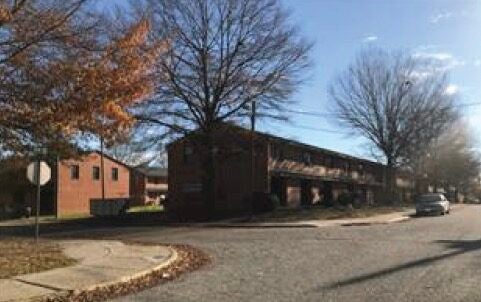When a family experiences the loss of one of their members through senseless violence, or an individual finds themselves caught in gang gunfire, naturally, they want to strike out and hold someone responsible.
However, attempting to sue the government authority that provides low-income housing, and by extension, the taxpayers who fund such living arrangements, is an exercise in futility.
The case of Guy v. Housing Authority of the City of Augusta, a 2022 premises liability case filed by Dogwood Terrace tenant Christina Guy is currently before the Georgia Supreme Court.
Guy contends that the Augusta Housing Authority failed to protect her in her home when she was shot in the leg by errant gunfire. The case also cites the killing of 8-year-old Arbrie Anthony that occurred in the same apartment complex in January 2022, mere months after Guy was shot.
Lower courts have ruled that the authority is a municipality under state law and possesses the same common law immunity that surrounds many Georgia entities which perform a government purpose.
The only thing that government may possibly do to protect the innocent in areas that have become infested with blood-thirsty criminals is either to build a wall around the complexes and mandate that everyone is searched for weapons upon entering or declare the apartment complexes to be under Marshall Law, both of which, in such an application, would violate the Fourth Amendment of the US Constitution.
The bigger problem is that the law-abiding people who live in these housing developments won’t cooperate with police when a crime occurs. They may fear retaliation from the gangs or they may fear the police, but no matter the reason, this spirit of non-cooperation emboldens and protects the criminals.
As a “friend of the court,” we would urge the Supreme Court to uphold the lower courts’ ruling and uphold sovereign immunity.
That is not to say that the General Assembly shouldn’t revisit exactly who and which quasi-governmental organizations may be covered under the law, but Guy v. Housing Authority is not a valid legal precedent and does nothing to solve the real problem.
Meanwhile, these communities that are impacted by gang and thug activity need to take active steps to clean up their communities, and it starts by pointing the finger at the ones firing the guns, not the compassionate souls who provide them with a government-subsidized home.








